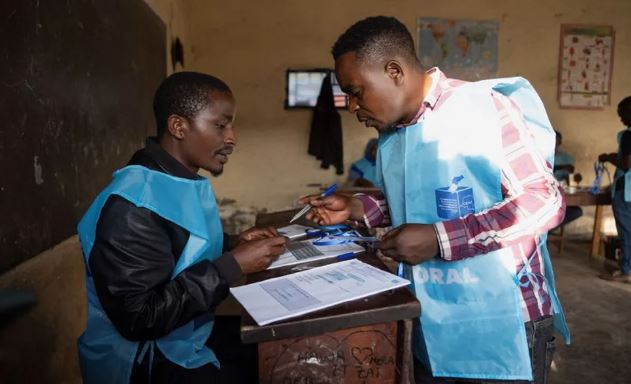Turmoil and Controversy in the Democratic Republic of Congo’s Presidential Election

The Democratic Republic of Congo (DRC) recently held its presidential election against a complex backdrop of conflict, corruption, and deep societal challenges. This election was not only pivotal in determining the country’s political future but also in testing the integrity of its democratic process.
A Fraught Political Landscape
As voters in the DRC cast their ballots, the election was already mired in controversy and allegations of malpractice. The campaign period leading up to the election was marked by significant violence and a lack of transparency, casting a shadow over the electoral process. These challenges were symptomatic of broader issues within the DRC, including institutionalized corruption and ongoing political insecurity, particularly in the eastern regions of the country.
The Stakes of the Election
For many, the election was seen as a critical test of incumbent President Felix Tshisekedi’s commitment to democracy and governance. With the DRC’s rich mineral resources and a history of conflict and poverty, the election held significant implications for both domestic policy and international relations. The conduct of the election and its aftermath were closely watched by the international community, given the DRC’s strategic importance in Central Africa.
Opposition Outcry
Even before the polls opened, there was considerable skepticism about the fairness of the election. Opposition groups and critics of the government raised concerns about the potential for electoral fraud and manipulation. These allegations underscored the deep-rooted distrust in the country’s electoral system and the challenges of conducting free and fair elections in a context of widespread corruption and governance issue.
The presidential election in the Democratic Republic of Congo highlights the myriad challenges facing the country in its pursuit of stable and democratic governance. The context of violence, lack of transparency, and corruption that characterized the election process reflects longstanding issues that the DRC must address. How the country responds to these challenges in the aftermath of the election will be crucial in shaping its future trajectory and its role in the broader Central African region.





